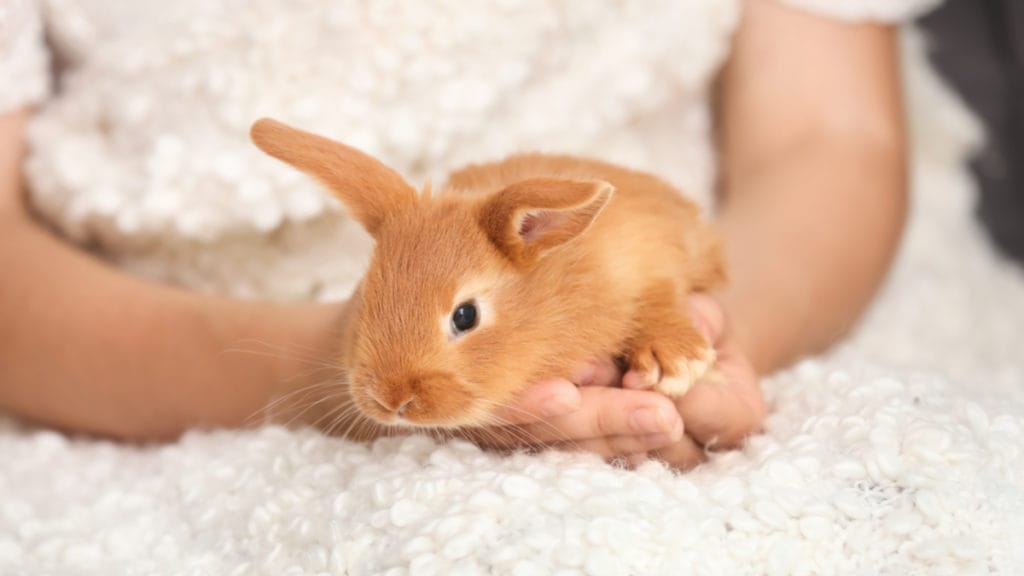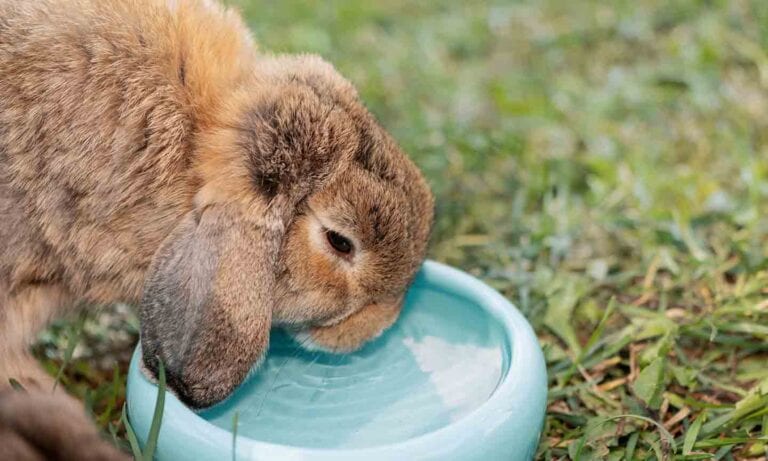Q.
I brought three Mini Rex rabbits home one month ago and they are 10 weeks old now. I noticed a clear gel substance on my hand after holding one just a couple of days after I got them. I took all three of them to the veterinarian by the following day and the vet didn’t see anything. A test was run on a stool sample, but it was negative for any problems or bacteria. The gel became worse and worse. I called the vet back, and she prescribed SMZ Suspension 0.1cc by mouth twice a day for seven days.
This Tuesday will be a week since they have been on this antibiotic. A second bunny started producing the clear gel also that I noticed a couple of days ago. The vet seems to think it is a parasite. I have researched and researched, but can only come up with mucoid enteritis, but that makes sense to me. I am now giving both bunnies the medicine along with yogurt to help with the good bacteria. They are eating and drinking lots of water, but their little tummies make the worst sounds.
Could you please give me any insight on what you think this could be, or any suggestions on what I need to do next? I am extremely concerned and want to do whatever is available to help them get better.
A.
rabbits. This is more common in younger rabbits, as you have, than in adults. This tells us that food is not being properly absorbed or digested. There are many reasons this can happen.
An imbalance of the normal bacteria and fungi in the gastrointestinal tract is a common reason this can occur. In young rabbits, we get concerned that parasites can cause this imbalance leading to poor nutritional absorption, which can result in changes in the character of the stool such as the clear gel you observed.
Your veterinarian appears to have suspected one of the parasites that afflict younger rabbits was causing this imbalance and treated appropriately. Unfortunately, it sounds like your rabbits are still sick.
At this point, it is very important that you return to your veterinarian and describe what is occurring. Some parasites can become resistant to the typical dose we use to try to kill the parasites, and the dose needs to be adjusted or the medication given more frequently or for longer periods of time. Your veterinarian can only know this if you return with the rabbits and let him or her know your rabbits still appear sick.
In some cases, there is more than one problem. The parasite infestation can be secondary to a more serious issue. And although the parasite may have been successfully treated, the signs of illness are still present because the initial problem has yet to be diagnosed and treated. For those reasons, and especially since younger rabbits cannot tolerate a long period of nutrient loss and imbalance, I suggest you revisit your veterinarian with your rabbits.
Like this article? Please share it, and check out:
Posted by: Chewy Editorial
Featured Image: Pixel-Shot/Shutterstock
Share:









